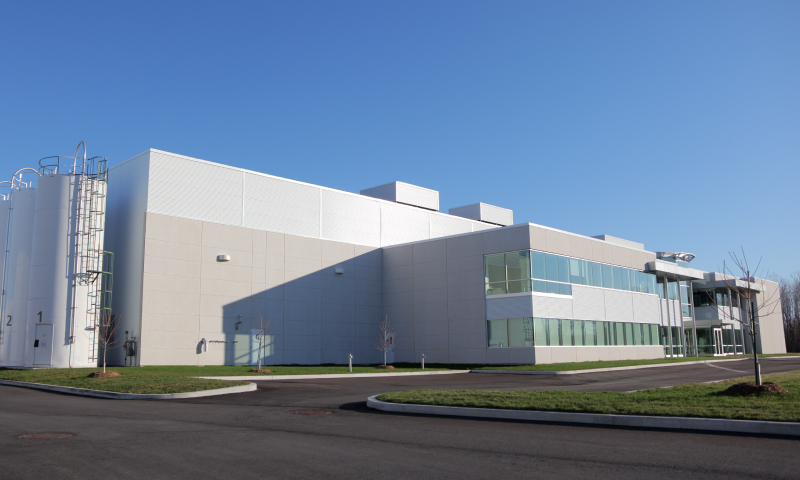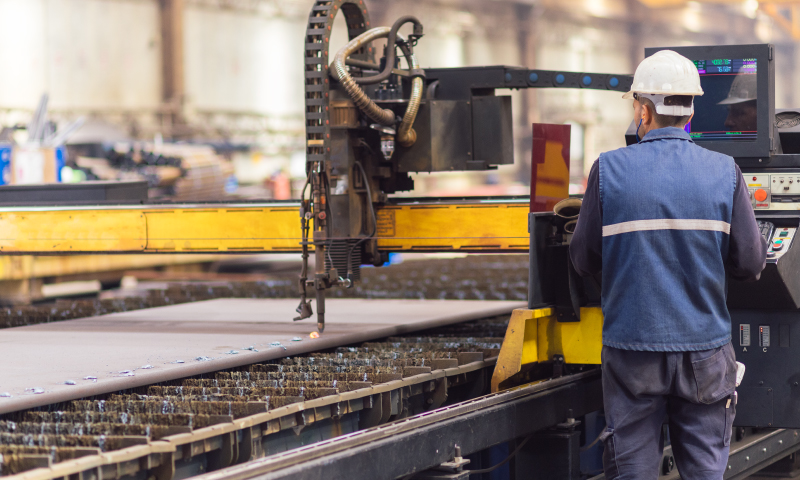01 June 2022
Although the manufacturing PMI decreased in May from 55.8 to 54.6, the relatively small fall shows that the manufacturing sector is coping well with supply chain disruption which continues to be exacerbated by the Russia-Ukraine crisis and the latest lockdowns in China. The stocks of finished goods balance sits at the highest level this decade which suggests resilient manufacturers have adapted well to the global shock of Covid and component shortages, and are getting a grip on their supply chains, despite a multitude of headwinds.
There is pent-up demand for goods post-pandemic which is also driving production, but new orders seem to be starting to slow, particularly exports which hit the lowest level since the first lockdown.
The start to 2022 has been seismic for manufacturers, who have shown foresight and continue to make difficult business decisions to cope with labour shortages, soaring input prices and supply chain disruption. However, findings from our latest MMBI survey show a decline in businesses planning to increase capital expenditure from 51 per cent last quarter to 38 per cent in Q2. This is a potentially worrying U-turn on vital investment at a time when manufacturers in particular need to commit to improving efficiency. Despite headwinds, manufacturers need to hold their nerve on investment and enhance technology and productivity to support recovery and growth.
An economic outlook from our Economist Tom Pugh:
With rocketing inflation and rising interest rates it is understandable why firms are starting to reassess their investment plans. However, even if nominal interest rates rise to 2.0% by the end of the year, real interest rates, which take inflation into account, will remain extremely negative for at least the next two years. This provides a conducive environment for firms to borrow to invest in productivity enhancing technology. There is clear evidence that large firms are taking advantage of this, while middle market firms remain reluctant. Net borrowing by large non-financial businesses was £2.7bn in April, compared to £1.8bn in March. Small and medium sized non-financial businesses (SMEs) repaid £0.5bn, on net, compared to a £0.7bn net repayment in March. But it’s crucial that middle market firms continue to invest in order to compete in an increasingly competitive market.











